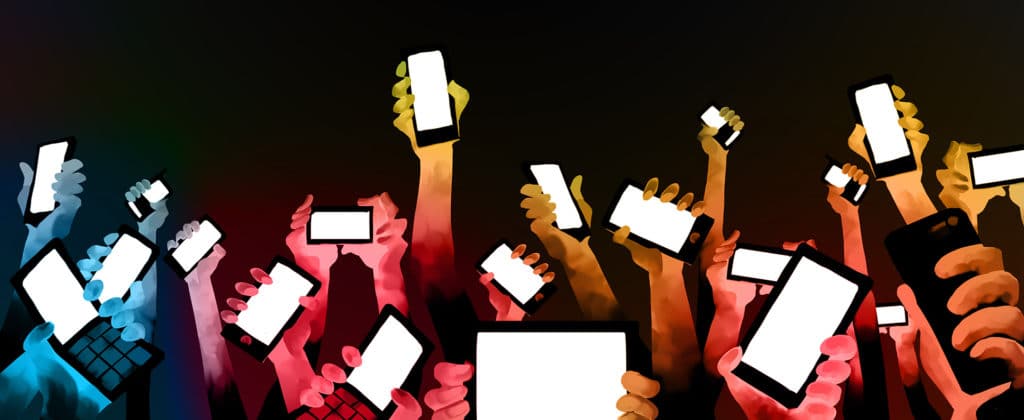Update, 11/13/2018: Unwanted Witness reports that the review of this case has been postponed to February 25, 2019.
In February of 2016, as Ugandans were heading to their polling stations to cast their votes, authorities suddenly cut off access to Twitter, Facebook, WhatsApp, YouTube, and mobile money apps, in an evident attempt by the government to control information flow during the elections.
Many people, including journalist Ruth Aine Tindyebwa, had anticipated the government would block SMS texts and voice calls since Uganda had already done this before. But they didn’t expect a complete blackout of social media. Fast forward to May of 2016, when President Yoweri Museveni, who has ruled Uganda for the past 32 years, was inaugurated. Uganda cut access to social media once again. This time around, authorities spared access to mobile money apps, but they blocked everything else. There was no warning or notification by the government or Uganda Communications Commission about the shutdown, even though election periods are one of the most important periods for free access to information.
Unwanted Witness Uganda took action. A few months after these incidents, the organization filed a lawsuit against those carrying out this broad interference with free expression: the Ugandan Communications Commission and Uganda’s Attorney General, and the companies MTN Uganda, Airtel Uganda, Vodafone Uganda, AfriCell Uganda, Smart Telecom, Uganda Telecom, and K2 Telecom.
Now, on Monday November 12, after two years of delay, this case is being reviewed by the High Court in Kampala.
What this means for the fight against shutdowns in Uganda and elsewhere
It’s not clear why the High Court took so long to review this case. However, when these shutdowns took place in 2016, the lives of millions of Ugandans were impacted by the interference with the free flow of information, harming their fundamental right to free expression at a critical time for democratic discourse. The petition raises these violations and also infringement of the rights to work, livelihood, and an adequate standard of living. Petitioners are now getting their day in court, and this in itself is a significant step in the right direction.
If the case proceeds beyond this initial review, we may see the Attorney General, the Uganda Communications Commission, and the telcos and ISPs named in the lawsuit appear in court to justify their actions. This is significant even if the court does not ultimately rule in favor of the plaintiffs, since the testimony and court filings by the defendants could shed light on how internet shutdowns happen and are “justified” in Uganda. The court could eventually decide for the petitioners, and issue an injunction to prevent future shutdowns — one major goal of this lawsuit.
Similar legal challenges in Cameroon, Chad, and Pakistan have given civil society organizations and internet freedom advocates access to information they were not privy to before and this is vital in the battle to end shutdowns. Moreover, exhausting local remedies will help push this case to sub-regional and continental courts. If the courts do in fact rule that internet shutdowns are illegal and discriminatory, that would be a big step forward in protecting fundamental human rights and internet freedom in Uganda and elsewhere.
How shutdowns are hurting Uganda
Internet shutdowns disrupt people’s lives, and like all other shutdowns, those in Uganda hurt the safety and security of citizens, limit access to information and emergency services, negatively impact small and large businesses and their customers, and interfere with the provision of health, education, and e-services. They also damage press freedom. Rosebell Kagumire is just one of the Ugandan journalists unable to report on the situation during the election and inauguration.
Internet shutdowns are also expensive. It is estimated that Uganda lost almost $2 million for every day that it shut down the internet. The more than 6.7 million Ugandan adults that use mobile money were unable to access their funds. Businesses where unable to provide goods and services and many more ordinary citizens were unlawfully censored, unable to obtain vital information, and barred from accessing information related to elections.
Your story could help stop the shutdowns
As we await the outcome of review by the High Court in Uganda, we are still working to document and provide evidence of the harm that shutdowns can cause. Have internet shutdowns affected your life and business? If so, please share your story and help strengthen the case for ending shutdowns in Uganda and across the globe.
